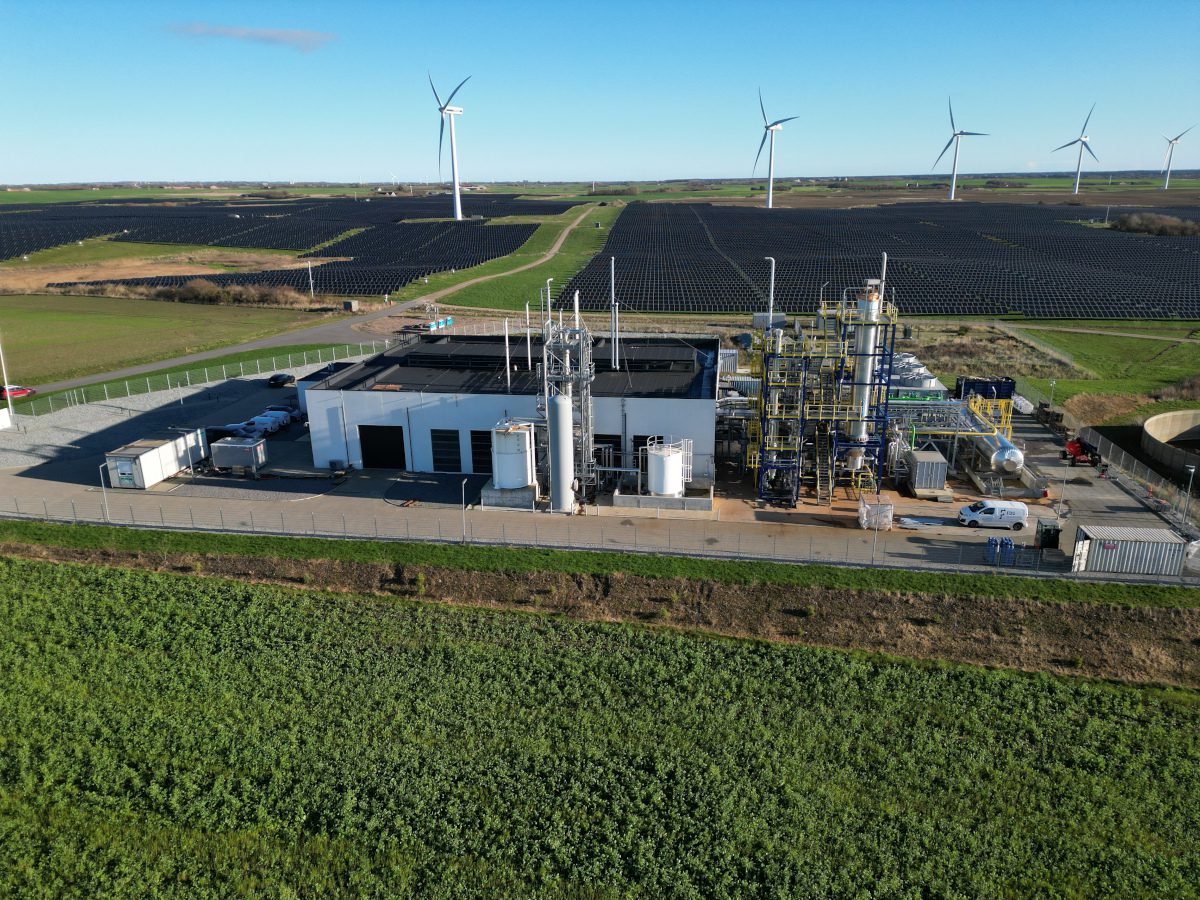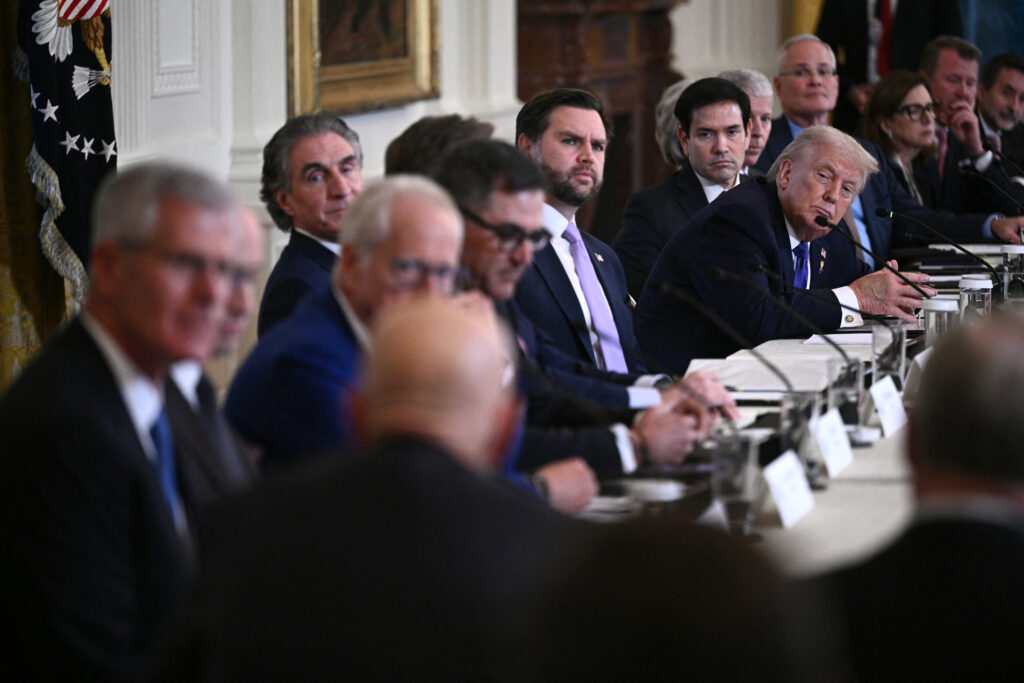- Cut VAT on retrofit measures to reduce energy waste, household bills, and UK reliance on Russian gas, urges cities network UK100
- To reduce the costs of public transport to improve the travel choices of the poorest in society and to cut UK reliance on Russian oil
- Fund Local Net Zero Hubs to accelerate the transition to Net Zero
A network of UK mayors and council leaders is urging the Chancellor to “unlock the power of local government” to boost energy security and cut household bills.
The call from UK100 comes ahead of the Spring Statement, with Rishi Sunak under pressure to address the energy price crisis and the UK’s reliance on imported Russian oil and gas.
UK100, a membership organisation of local leaders representing almost 100 cities, towns and counties home to 37 million people, argues that local authorities are “best placed to deliver a raft of measures to loosen Putin’s grip on the UK.”
The organisation is pushing for a “win-win-win” VAT exemption for measures to boost household energy efficiency, action on public transport, and a funding boost for Local Net Zero Hubs.
Draughty homes
Four in five homes are heated by gas in the UK, accounting for as much as 14% of national carbon emissions. British homes are also among the draughtiest in Europe.
Out of the existing 29 million homes, only eight million meet the highest energy standards — an A-rated energy performance certificate (EPC).
“Retrofitting” leaky houses with energy efficiency measures, like triple glazing and insulation, will reduce energy consumption and could save up to £7.5bn a year on energy costs, with retrofitted households seeing savings of more than £400 on their bills annually.
Currently, however, all retrofit work on existing homes is subject to 20 per cent VAT.
Rupert George, UK100 Communications & Campaigns Director, says:
“Cutting VAT on energy efficiency measures will invigorate the retrofit industry, reduce energy bills, and accelerate progress on the government’s Net Zero targets. It’s a win-win-win option for people and planet.”
Rupert adds: “With social housing accounting for more than three in 10 homes, ambitious local authorities across the UK are already at the forefront of a retrofit revolution, but they desperately need more support from the Chancellor.”
UK100 members like Wiltshire Council, for example, are already showing leadership with a Housing Energy Efficiency Programme (HEEP) to upgrade all existing council housing properties up to EPC level B within ten years.
Supporting public transport
With bus services under threat across the country and a proposed fuel duty cut likely to disproportionately benefit the richest households, while doing nothing to reduce the UK’s reliance on Russian oil, UK100 is calling on Rishi Sunak to invest in public transport.
Jason Torrance, UK100 Assistant Chief Executive, says:
“Rather than cutting fuel duty, the Chancellor must support local authorities to expand, rather than cull, bus services, particularly in rural areas. At the same time, acting to reduce the cost of public transport will support more than a third of the lowest-income households that have no car and struggle with everyday travel costs.”
Unlock the potential of local government
Alongside retrofitting homes and supporting public transport, UK100 is also calling on the government to commit funding to the Local Net Zero Hubs created as a means to promote best practice between local authorities and support projects that can attract commercial investment.
Dr Karen Barrass, UK100 Policy and Research Manager, says:
“Local Net Zero Hubs have the potential to play a key role in supporting local authorities to take coordinated and ambitious action to achieve Net Zero. Delivering Net Zero in partnership with local authorities has been shown to deliver more bang for the taxpayer’s buck than national action alone.”
A report from PwC earlier this month appeared to find that investing in Net Zero measures led by UK cities and towns would produce far better environmental, economic and social results, at a lower cost, than a national “one-size-fits-all” approach.
Karen adds: “The Local Net Zero Hubs need a clearly defined role and sustained funding to help unlock the power of local authorities to tackle the climate crisis and reduce the UK’s reliance on imported oil and gas.”
















